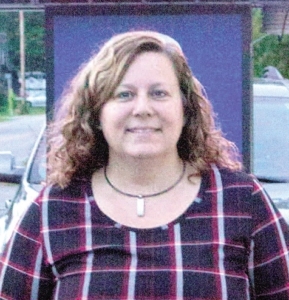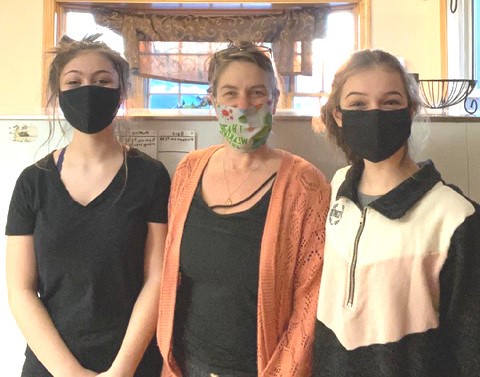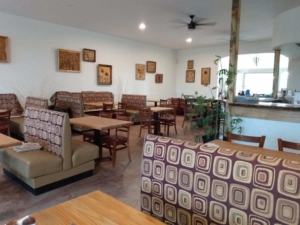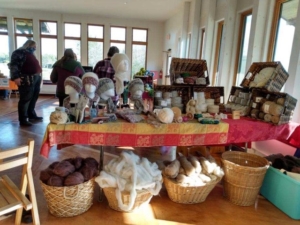Windsor selectmen deny request for community food sovereignty ordinance
 by The Town Line staff
by The Town Line staff
At the February 16 Windsor selectmen’s meeting, Windsor resident Sherri Talbot sent an inquiry about the possibility of having a food sovereignty ordinance drafted for the town. She provided information for the board to review. Town manager Theresa Haskell read the proposal and stated that if the board had any question, they could call Talbot during the meeting.
Haskell then distributed information she received from the Maine Municipal Association legal department which included details about local food sovereignty and what the municipal liability could be. Selectman Ronald Brann made a motion, under the advisement of legal counsel, that creating the ordinance could potentially put the town at an unnecessary legal risk. The board denied the request to put the issue on the upcoming town meeting warrant.
The board also stressed they are very supportive of local agriculture. It was noted the town is not qualified to see if it is safe and they do not have the training or skill sets, nor the desire to do this. They suggested a farmers market.
In other business, the board was informed that the transfer station has started using coin trays to help with the close out at the end of the night. It seems to help with organizing the counting of all the coins collected that day.
Sean Teekema, interim transfer station supervisor, said he will seek measurements for a new bucket for the salt container. They may also get a cover the container. Other possibilities at the transfer station include new lights and a new sign.
Haskell said the town received a snowmobile reimbursement in the amount of $1,039.34. That amount will be divided between the WJW Snowmobile Club, 75 percent or $779.51, and the remaining 25 percent, in the past, has been divided between the Windsor Boy Scouts, Windsor Brownie Troop and the Windsor Youth Association. That amounts to $86.61 for each of the three organizations.
Discussion on the employee manual was wrapped up with the finalization of the retirement match. The board unanimously passed the motion as presented with changes being made to the Valic Retirement match.
At the previous meeting, the board of selectmen were given a draft of COVID procedures to be followed by the best of everyone’s ability. That measure passed by a vote of 4-1, with Selectman Richard Gray Jr. the lone dissenter.
Nomination papers became available on February 26.
The new office space caused the town hall equipment account to be overspent, however, it will not affect the town overall budget because there were other funds available in other town hall expense accounts that were underspent.
In another matter, Selectman Andrew Ballantyne shared that Elwin Hussey gave him information about the town of Windsor, dating back to the 1700s. He has offered it to the town office to make a copy for public viewing.
The next board of selectmen meeting was scheduled for March 2.








